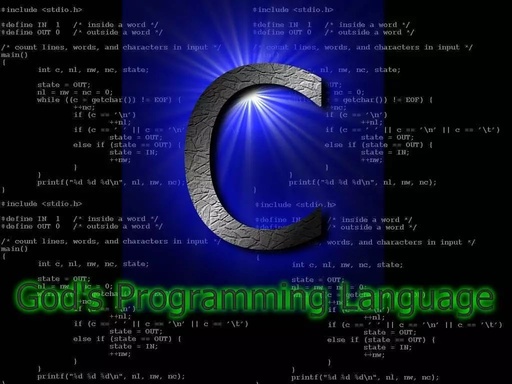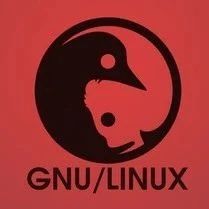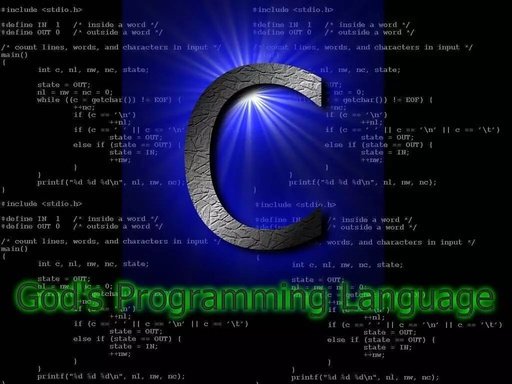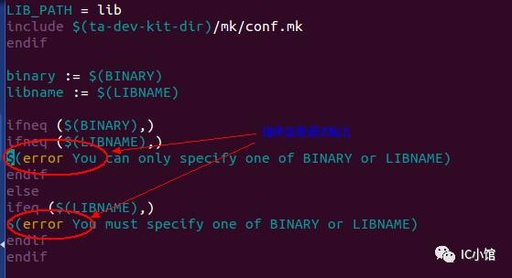Learn C Language Through These 9 Open Source Books
(Click the blue text above to quickly follow us) Translation: Bole Online – Ai Lingfeng, English: Steve Emms If you have good articles to submit, please click → here for details Books are very personal items, and programming books are no exception. We all use books to help master the basic knowledge of a language. … Read more







